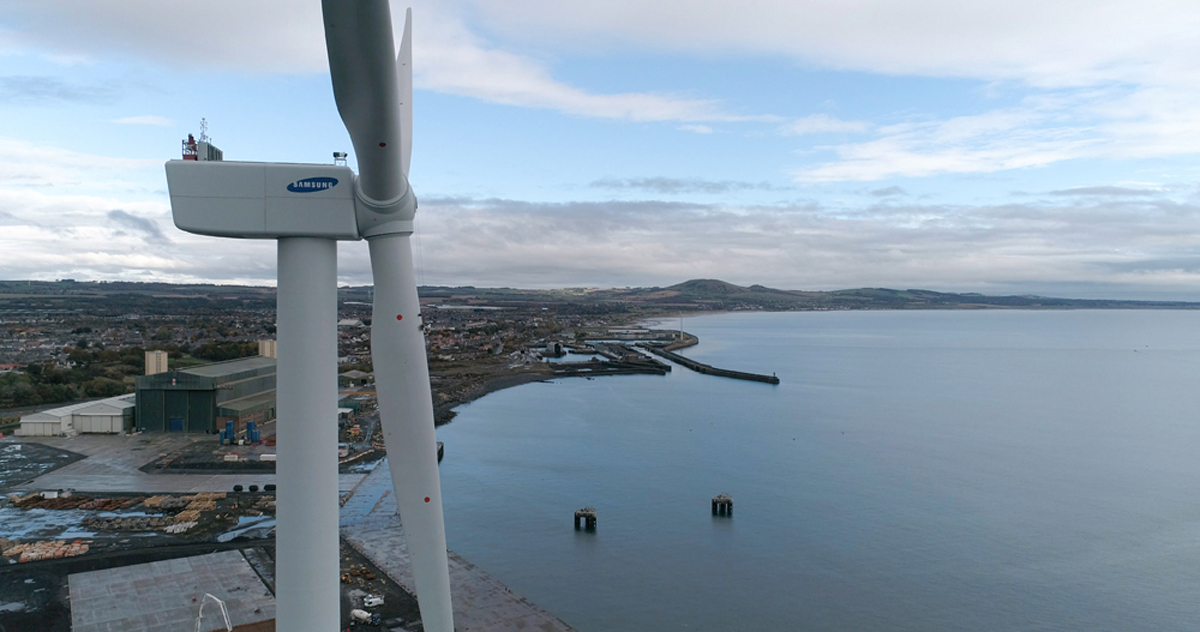Just about everything we do needs energy in some form. Whether it’s communication, providing heating and cooling for our living spaces, transport, products, and processing and cooking food, all require energy in some form. The Earth is blessed with a constant supply of energy from the sun, and this energy is distributed across the globe as a result of our rotation and the oceanic and atmospheric flows. The energy from the sun can be harnessed in many ways ranging from solar panel technologies providing electricity and possibly also heat, wind turbines connected to a generator set providing electricity and water turbines to name but a few available technologies and approaches.
There has been increased attention worldwide to renewable energy supplies, broadly classed as those derived from sources that do not deplete resources. Solar panels are a common sight around the world as are wind turbines. The efficiency and reliability of these technologies have improved and costs reduced making them worth considering for a wide range of applications. An on-going challenge with such technologies is their transient nature of supply – no sun, no electricity – no wind, no electricity. The standard solution to this is an integrated energy supply on a regional or national scale, with diverse energy sources compensating for any drop off in supply when needed.
The Earth is blessed with a constant supply of energy from the sun, and this energy is distributed across the globe as a result of our rotation and the oceanic and atmospheric flows
I have had the privilege of working across a range of energy and power sectors in my career from advanced power generation technologies to integrated thermal and solar with Naked Energy Ltd, the large-scale roll-out of methods to improve the thermal insulation of buildings with Q-Bot Ltd, and now working with BladeBUG Ltd on technologies to enable the long-term reliability of wind turbines. This work has typically been focussed on enhancing efficiency and reliability as well as developing brand new technology. For example, as the renewables sector has expanded new challenges and opportunities have emerged with the need to be able to safely inspect, monitor and service ever larger wind turbines in remote locations. This is where BladeBUG has developed exciting new robot technology.
The BladeBUG robot looks a bit like a giant insect with large suckers enabling it to walk all over a wind turbine blade, inspecting the structural health as it goes, as well as the capabilities to undertake a range of servicing and overhaul tasks. Robots offer a technology well-suited to the task with the capability to access awkward internal cavities as well as clamber over a structure whatever the weather and ambient conditions. Such technology offers an enabler towards an aspiration for the renewables sector – to become the mainstay of supply.
For a country such as the United Kingdom, wind power offers significant potential already supplying over 20% of the total power generation capacity. This capacity can increase with the addition of further offshore wind-farm provision. It is plausible that countries such as the United Kingdom could actually provide an excess of power generation from renewables. Such a scenario offers significant opportunities. For example, abundant energy offers potential for new transportation approaches, be it electric powered vehicles or hydrogen powered vehicles, where the excess energy is used when available to produce hydrogen. Another area where an excess of energy offers significant potential is in recycling of materials from the products we use. Nearly every recycling and upcycling process
This article has put forward an optimistic viewpoint on the potential for the energy sector. I am not for a moment suggesting technology can save us. However, I am convinced that the renewable energy sector offers a route by which we can address a wide range of societal needs beyond simply electricity in our businesses and homes.



